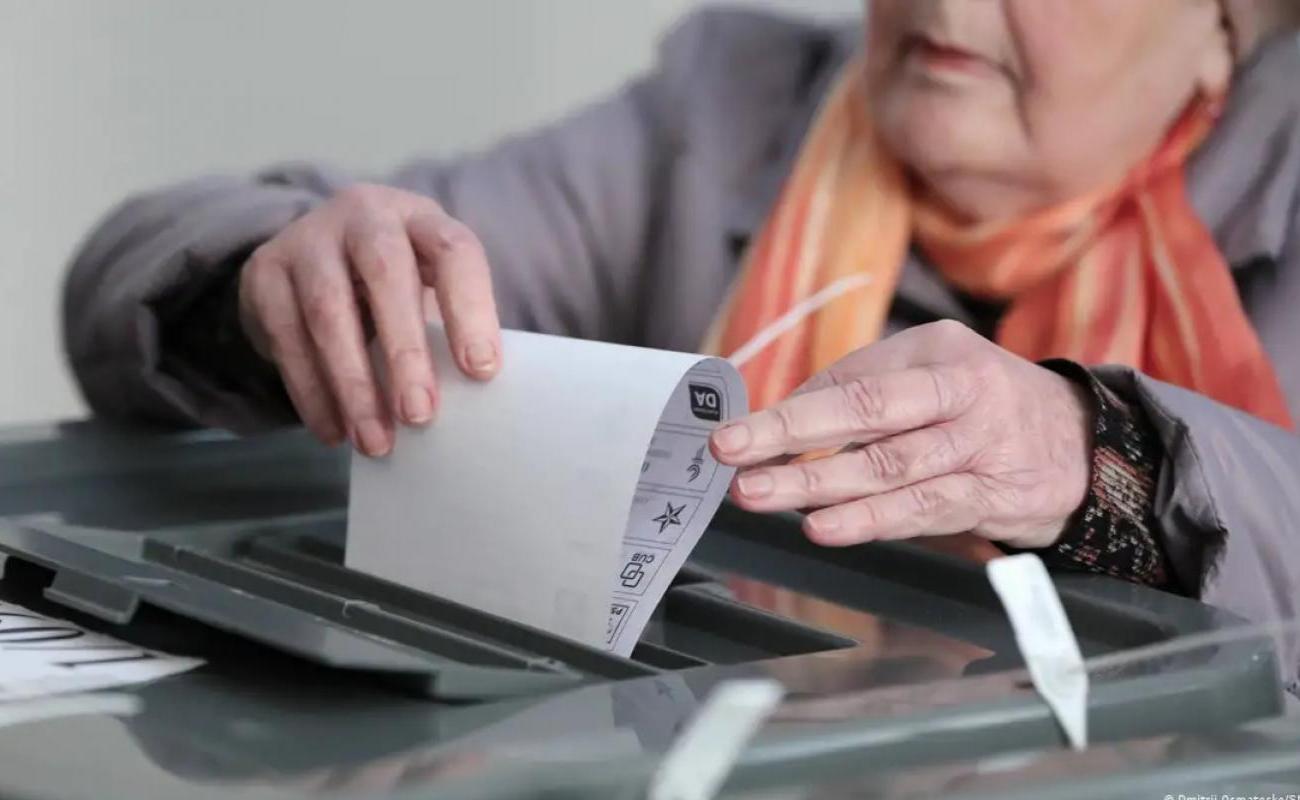Moldova: local elections under Russian patronage

Pro-Russian parties scored surprisingly well in local elections on Sunday, November 5 in Moldova. A pro-European central government may now face additional problems.
Pro-Russian parties in the Republic of Moldova achieved an electoral result in local elections last week on November 5, which allows them to put the pro-European central government under even more pressure than before. Hopes of political revenge against reformist forces in the 2024 presidential and 2025 parliamentary elections have grown strongly following electoral successes in the capital Chisinau and other Moldovan cities.
Despite the exclusion from the electoral process of the Chance party, controlled by fugitive Kremlin-linked oligarch Ilan Sor, Moscow's "Plan B" seems to have worked: corrupt voters were quickly diverted to those replacement candidates who others in the race. The pro-European authorities did nothing to thwart that plan.
Local government against the pro-European course
After the election of a pro-Russian governor in the autonomous region of Gagauzia in the south of Moldova, Russia had planned to win the local elections on Sunday in two more important cities: Balti (in the north) and Orhei (in the central part of the country), all so that these regions could later to use as new foci of separatism. In Orhei, a completely unknown candidate for mayor managed to win in the first round. In Balti, the candidate tacitly supported by the pro-Kremlin group managed to advance to the second round. And that candidate was completely unknown until the election, the journalists had never seen him.
In the elections, Russian-backed forces used the so-called "regionalization" tactic: their candidates presented themselves exactly as they corresponded to the political and geopolitical preferences of voters in the targeted cities. Through Ilan Sor's group, Moscow also promoted replacement candidates who were quickly activated after all the representatives of the "Chance" party were excluded from the election campaign due to illegal financing by Russia.
For the first time in 2021, Moscow tested its pre-election bribery technologies in the Baltics. At that time, the candidate of the now-banned "Sor" party, Marina Tauber, was one step away from becoming mayor - but was excluded from the second round of elections. That calculation, however, succeeded in May 2023 in Gagauzia, when the pro-Russian candidate Eugenia Gutul won the elections for the governor of that autonomous region. The criminal case for bribery of voters in which Gutul is being investigated is still ongoing.
Victory under the false pro-European flag
The "regionalization tactic" has now shown results in the capital of Moldova as well. The mayor of Chisinau, Jon Ceban, was re-elected in the first round with 50.52 percent of the vote. Čeban, a former communist leader who later became a pro-Russian socialist, this time appeared under the pro-European banner as the head of a new party called "Alternative National Movement" (MAN), which he founded himself.
In 2014, Ceban declared that the agreement on Moldova's accession to the European Union would push the country "into disaster". He also spoke out against the partnership agreement with NATO. Now, however, he has changed his rhetoric not only towards the EU and NATO, but also towards neighboring Romania. After years of propagating the Russian position on the existence of the "Moldovan language", Čeban changed his mind in 2022 and admitted that the language of Moldovans is actually Romanian. Some Romanian politicians then rushed to invite him to Bucharest and help him get rid of the image of a pro-Russian politician.
Čeban's main opponent was the candidate of the pro-European Action and Solidarity Party (PAS) Lilijan Karp. However, he received only 28.23 percent of the vote. In the city assembly, however, Karp's PAS and Čeban's MAN will have the same number of councilors - 20 each. Socialists (pro-Russian) got six, and communists (pro-Russian) two mandates. Three other parties (including two pro-Russian parties) will each have one councilor.
The central government at the local level is now in opposition
Nationally, PAS came first in 19 of the 32 district councils, but did not win a majority in any of them. As the election results now show, coalitions could be formed in local councils across the country even without the pro-European PAS party. In other words, the party ruling at the central level could go into opposition at the local level. Considering the upcoming presidential elections in 2024 and parliamentary elections in 2025, it is a drama for that pro-European party.
The result of this week's elections is a very bad signal that the Moldovans are sending, as the EU will decide in December 2023 whether to start accession negotiations with that country. The Moldovan authorities, as well as the EU and the USA, condemned Russia's attempts to "block Moldova's European path by destabilizing the country" before the elections.
Ahead of the elections, on Friday, November 3, 2023, the head of the Intelligence and Security Service of the Republic of Moldova, Alexandru Musteata, spoke of an "unprecedented threat to the security of Moldova." According to him, Russia allegedly sent large sums of money to the allegedly corrupt voters in Moldova through the fugitive Moldovan oligarchs Ilan Sor and Vladimir Plahotniuk. In the last days of the election campaign, Moldovan police arrested several people who were handing out envelopes with money to potential voters in the cities of Balti, Orhei and Komrat. Voters were allegedly offered envelopes containing between 50 and 300 euros.
"The Kremlin will not give up so easily. He continues to influence political processes in Moldova," Igor Grosu, leader of the PAS party and speaker of the parliament, said on Sunday after the polls closed. That is why, as he added, those who have the right to vote must vote in the second round "against that dirty policy of Russia" that is blocking the country's European path. "The stakes are much higher and we have no right to allow some criminals and dictators to decide the future of Moldova," he told Gross.
The second round of local elections takes place in two weeks.
